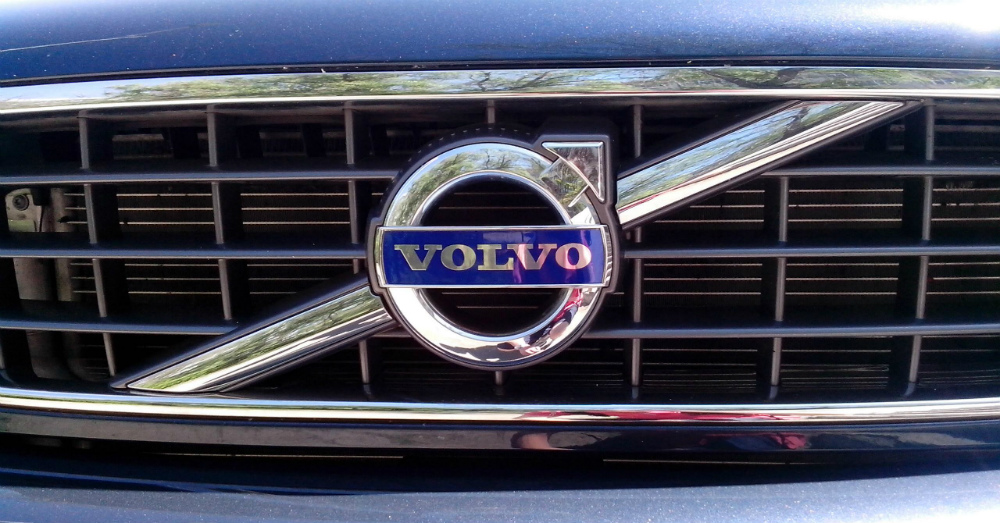While this can be the case, in the instance of the Volkswagen scandal this wasn’t the situation. In any industry when the technology shared, or the same suppliers are being used yet one company is able to move an extreme distance ahead of another there is certainly cause for suspicions. Does the other company have some in house technology or use of the parts supplied that competitors aren’t aware of? That’s possible and certainly would make sense in some cases, especially when we see companies that are able to offer the cutting edge of technology for us to enjoy.
We now know they were cheating the emissions systems for years. This discovery took place last August and was revealed to the world in September to let us know the 2.0 and 3.0-liter diesel models form Volkswagen didn’t actually conform to the US emissions standards. In fact these two engines were so far off the 2.0 is reportedly able to produce more than forty times the allowable amounts of emissions and the 3.0 can produce up to nine times the amount. Was this something that was known in the automotive industry or speculation on the part of other manufacturers?
We’ve now learned that many automakers suspected Volkswagen was cheating in some fashion. Most European competitors use the same suppliers such as Bosch and Desno to supply the parts needed to create the vehicles we have on our roads and no one else could crack the code to bring as many diesel models to the US as Volkswagen. Kent Falck of Volvo stated he had been working on developing their diesel powertrains for the past seven years and couldn’t come close to producing vehicles that would pass the US emissions testing, which led him to believe Volkswagen was cheating in some way.
Why didn’t other automakers blow the whistle on Volkswagen? The fear from other automakers was that they might learn VW had in fact developed in house technology that was capable of making their diesel engines perform perfectly for the US market when others couldn’t. Without some proof it would be nearly impossible to prove that Volkswagen was cheating. The fact the testing was consistent in the industry and predictable didn’t help either, other forms of testing would be needed in order to prove Volkswagen was cheating, which we now know they had defeat devices installed in these vehicles to detect when testing was in progress.
It took a team from a university in West Virginia to crack the code and bring to light the fact that the VW models were cheating. This information was confirmed by the EPA which has since changed its testing procedures to include real world driving tests. The EPA has also begun to make testing less predictable to keep all automakers honest in their efforts.
As for Volkswagen the now face not only the loss of confidence by the American automotive consumer, but a settlement that will cost nearly $15 billion which could go up even more from there. It appears Mr. Falck and any other automotive executive that felt VW was cheating to be able to have diesels sold in the US were correct, even if they couldn’t reveal this “open secret” that was suspected by many automakers.
This post may contain affiliate links. Meaning a commission is given should you decide to make a purchase through these links, at no cost to you. All products shown are researched and tested to give an accurate review for you.

